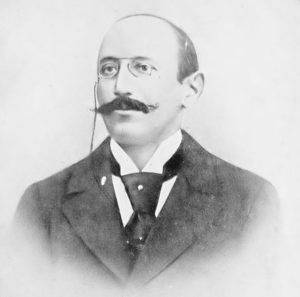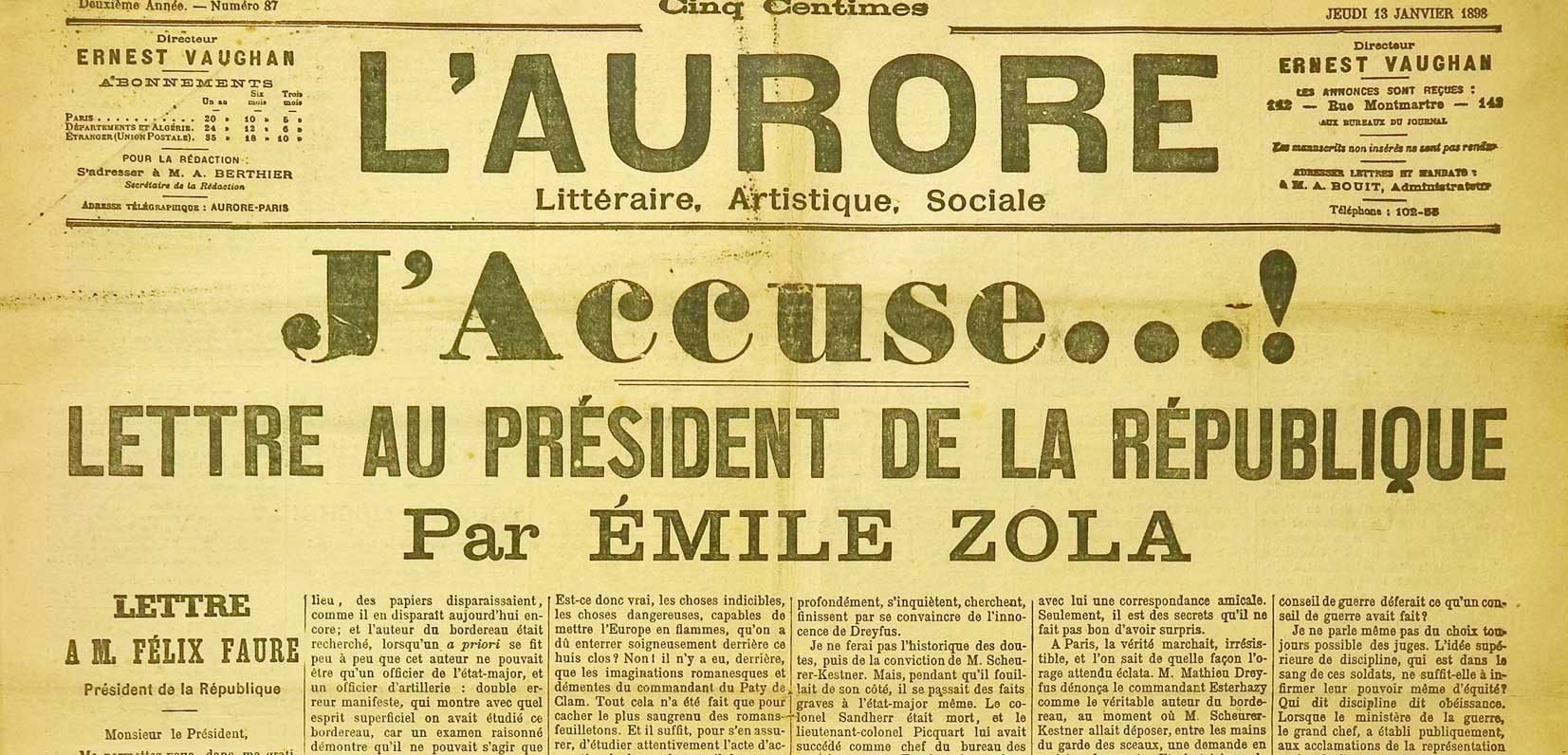The Dreyfus Affair was the trial of Captain Alfred Dreyfus in France in 1894, in which he was falsely accused of espionage, and the events that followed.
The Dreyfus affair, which caused important legal debates in France, began when a woman working as a maid at the German Embassy in Paris, who was connected to the French secret service, sent an unsigned letter she found in a wastebasket to the center. The letter, written to the German military attaché, promised to provide information about France. In the investigation initiated by the French General Staff, suspicions are centered on Captain Alfred Dreyfus. Because Captain Dreyfus’ handwriting was similar to the handwriting in the letter. Captain Dreyfus was the son of a rich family. Despite the anti-Semitism in France, Dreyfus’ outstanding performance at military school had earned him his appointment to this post.
Dreyfus was arrested on October 15, 1894. Although no new evidence was found against him during a month-long preliminary investigation, Dreyfus was found guilty, convicted and sent to Devil’s Island to serve his sentence. An incident in 1896 brought the Dreyfus case back to the agenda. A servant woman working at the German Embassy seized a manuscript of a letter from a German officer to a French major named Easterhazy. An investigation by the French secret service revealed that the handwriting that led to Dreyfus’ conviction belonged to Easterhazy. The information obtained as a result of the investigation necessitated a retrial of the Dreyfus case.

When the efforts of Dreyfus’ wife to bring the case to the agenda through the press began to bear fruit, the General Staff was forced to file a lawsuit against Easterhazy. The two-day trial ended with Easterhazy’s unanimous acquittal. The day after the acquittal, Émile Zola’s open letter to the President of the Republic, published in L’Aurore under the title “I accuse…” (see J’Accuse…!), caused a great resonance in France. In it, Zola accused the Chief of General Staff and other high-ranking officers of abusing their positions and misleading public opinion. Within a few days, some professors and intellectuals from the academy sent a statement to the National Assembly in support of Zola’s letter. Under pressure from the army, a lawsuit was filed against Zola for insulting the army. In the trial that resulted in Zola’s conviction, the lawyers always brought up the Dreyfus affair. Therefore, the trial was a success for those defending Dreyfus.

In June 1898, General Cavaignac, who was appointed Minister of War after the change of government, openly read some of the documents in the secret dossier on Alfred Dreyfus in a speech to the National Assembly. Lieutenant Colonel Picquait, who had investigated Easterhazy, declared that he was ready to prove that these documents were forgeries. Major Easterhazy, who was interrogated on the lieutenant colonel’s claim, confessed his guilt and committed suicide in prison. With this incident, the Dreyfus case took on a new dimension.
The Court of Cassation overturned the verdict against Dreyfus after months of debate. Dreyfus was brought back to France and retried by a military court. After a month of hearings, Dreyfus was again found guilty. However, some mitigating circumstances were recognized. Seven years later, in 1904, at the request of the Minister of War, General Andre, the General Council of the Court of Cassation reconsidered this great case. In 1906, Dreyfus was acquitted. His insignia, which had been removed twelve years earlier, were reinstalled at a ceremony in the same place and he was also awarded the Légion d’honneur. Dreyfus served in the army during the First World War, retired and died in Paris in 1935.
Another consequence of this event is the journalist Theodor Herzl, who we never mention in the story, but who followed the events very closely. Herzl was so moved by the case that he decided to start the Zionist movement for a better future for the Jews.
At the end of the whole story, right is always right…

